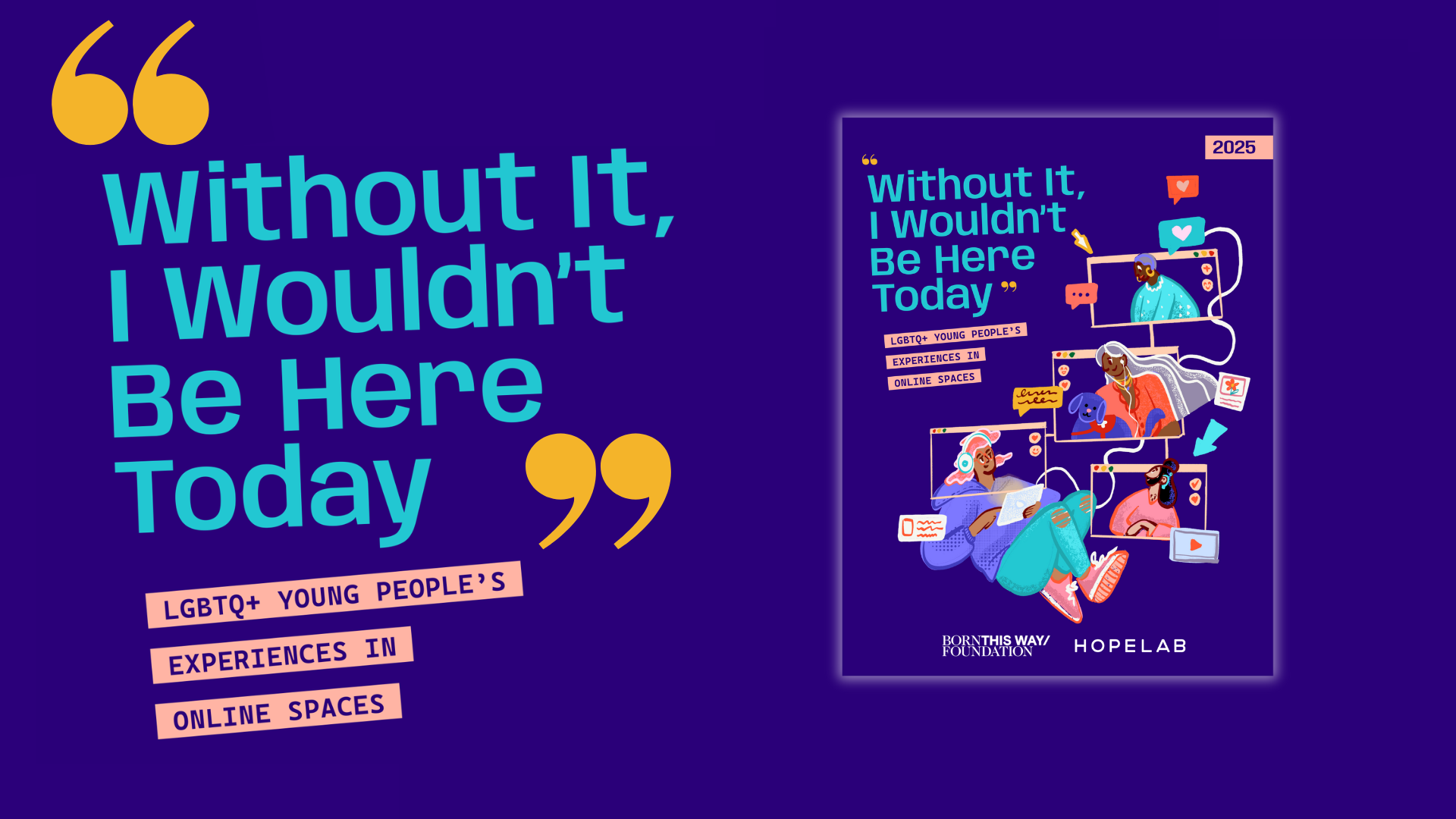The safety and well-being of transgender and nonbinary students in schools have become increasingly urgent topics of discussion in recent years. Incidents such as the assault of Kylie Perez in Newark, NJ, the tragic death of Nex Benedict in Oklahoma, and instances of misinformation perpetuated by policymakers underscore one thing: There is an urgent need for schools to implement inclusive protections and support systems for these students.
Transgender and nonbinary students often confront numerous significant hurdles while navigating educational environments. These challenges, which include but are not limited to discrimination, harassment, misinformation, and a lack of adequate support, form pervasive barriers to their academic and personal growth. Real-life incidents serve as heart-breaking examples of the severity of these problems, shedding light on the distressing realities faced by these students on a daily basis. It is urgent that schools recognize the urgency of these issues and take decisive action to create safer and more inclusive environments for everyone regardless of their gender identity.
Kylie Perez’s assault at East Side High School in Newark, NJ, in 2017, sent shockwaves through the community. A 14-year-old transgender student, Kylie was brutally attacked by another student in a hallway, an incident captured on video. The assault prompted widespread outrage and criticism, leading to the suspension of several students involved. Despite attempts to address the matter, the incident starkly highlighted the widespread prevalence of violence. and discrimination endured by transgender students in school environments.
Fast forward to 2024, and transgender students are still brutally attacked. The tragic death of Nex Benedict in Oklahoma in February 2024, following a school altercation and subsequent suicide continues to raise alarming concerns about the safety and mental health of transgender and nonbinary students. Nex, a 16-year-old nonbinary student, was reportedly the target of bullying related to their gender identity. Despite seeking help, the lack of adequate support and intervention ultimately led to a devastating outcome, underscoring the urgent need for comprehensive support services and response protocols in schools.
According to the Trevor Project, over half (52%) of LGBTQ youth enrolled in middle or high school report being bullied in the past year. This figure highlights the pervasive nature of bullying in educational environments, with transgender and nonbinary students experiencing even higher rates of bullying compared to their cisgender peers.
The Human Rights Campaign’s research also reveals significant disparities in safety and support for transgender and nonbinary students. A staggering three-quarters (75.1%) of students who identified as transgender or nonbinary reported feeling unsafe at school because of the way they expressed their gender. This statistic underscores the urgent need for comprehensive protections and support structures to address the challenges faced by these students.
In addition to feelings of unsafety, transgender and nonbinary students are also disproportionately affected by bullying and harassment. Two-thirds (64.5%) of transgender and nonbinary students were verbally harassed at school, while one in four (24.9%) experienced physical harassment, and one in ten (12.0%) were physically assaulted. These statistics paint a sobering picture of the hostile environment many transgender and nonbinary students navigate on a daily basis.
Access to gender-affirming facilities and resources remains limited for many transgender and nonbinary students, exacerbating feelings of exclusion and marginalization. Almost two-thirds (60.0%) of transgender students reported being denied access to restrooms or locker rooms consistent with their gender identity. Additionally, half (50.9%) were prevented from using their preferred names or pronouns, and one out of four (28.0%) were prevented from wearing clothes that aligned with their gender expression.
Negative remarks about gender expression are also distressingly common in schools. Most LGBTQ students (86.3%) reported hearing negative remarks about gender expression, with almost two-thirds (62.9%) hearing them on a regular basis. Alarmingly, one in ten (12.5%) LGBTQ students regularly heard negative remarks about gender expression from their teachers or other school staff, highlighting the need for comprehensive education and training initiatives to promote inclusivity and respect.
The statistics serve as a reminder of the urgent need to address the obstacles faced by transgender and nonbinary students in school settings. It is essential to enact inclusive policies and practices, offer comprehensive support services, and nurture a culture of acceptance and respect within schools. By doing so, educational institutions can foster safer and more supportive environments conducive to the well-being and success of all students, regardless of their gender identity.
One crucial step in addressing the challenges faced by transgender and nonbinary students is the development and implementation of comprehensive anti-discrimination and anti-bullying policies. Schools must implement transparent and inclusive policies explicitly safeguarding gender identity and expression. These policies should outline guidelines for using preferred names and pronouns, ensure access to gender-affirming facilities, and establish rules for addressing incidents of discrimination and harassment.
Ongoing education and training initiatives for school staff, students, and parents are essential to promote understanding and acceptance of transgender and nonbinary individuals. Schools should provide comprehensive training on LGBTQ+ issues, including sensitivity training and best practices for supporting transgender and nonbinary students. Incorporating LGBTQ+ inclusive curriculum and resources into classroom instruction can further cultivate a culture of respect and inclusivity among students.
Establishing LGBTQ+ resource centers or safe spaces within schools can provide confidential support, resources, and counseling services for transgender and nonbinary students. Schools should also partner with community organizations, such as GLSEN, to expand access to additional support services and resources. Additionally, dedicated staff, such as LGBTQ+ counselors or representatives, can provide specialized support and advocacy for transgender and nonbinary students.
Encouraging dialogue among parents, educators, and community members is essential for fostering awareness and acceptance of transgender and nonbinary students. Schools must actively engage in outreach endeavors to enhance visibility and advocate for inclusivity throughout the broader community. Awareness initiatives and community gatherings play a pivotal role in cultivating understanding and acceptance of transgender and nonbinary individuals. Additionally, student-led endeavors like Gay-Straight Alliances serve as powerful advocates for LGBTQ+ rights and offer invaluable peer support networks.
Lastly, developing transparent procedures for addressing incidents of harassment, bullying, or discrimination is crucial. Schools should implement reporting processes that prioritize student safety and confidentiality and ensure that school staff are trained to respond effectively to incidents of discrimination and harassment. Ensuring that school staff and administrators are held accountable for upholding a safe and inclusive environment is crucial for cultivating a culture of acceptance and belonging for all students.
I believe collaboration among educators, policymakers, and community members is vital in dismantling barriers, confronting detrimental stereotypes, and nurturing a culture where every student feels accepted and valued, regardless of their gender identity. Together, we have the opportunity to construct a more equitable and inclusive school system that empowers all students to thrive and pursue their dreams.





















